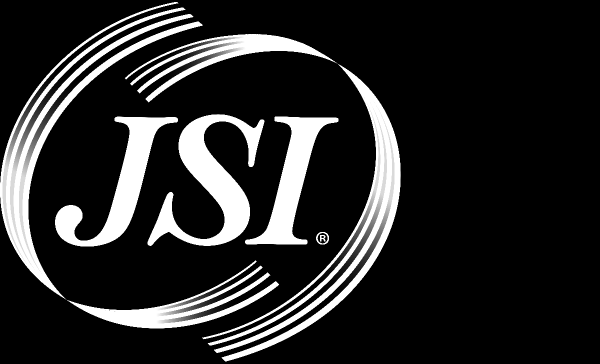
JSI Participates in Ex Parte Regarding CAF Broadband Options

On November 21, 2016, JSI took part in an ex parte with NTCA-The Rural Broadband Association and several other prominent industry leaders to discuss possible ways RLECs could get relief from existing universal service fund (USF) contribution obligations in connection with broadband transmission services.
The group discussed the two main ways RLECs would not be subject to USF contributions in connection with providing broadband (like other providers) — a “private carriage option” in which the RLEC chooses to detariff broadband services or a “retail approach” where the RLEC provides a finished retail broadband Internet access service (BIAS) directly to an end user. They also briefly described a third potential scenario that they believe should be considered in which a retail BIAS provider would provide a resale certificate to the RLEC indicating that no contributions should be assessed in connection with RLEC wholesale broadband transmission because it is only one input component of the retail Internet access service provided to end users by the BIAS provider who, but for previously granted temporary forbearance from the FCC, would be responsible for such contributions. Focusing, however, on the first two options described in the prior Commission and Bureau items cited above – the “private carriage option” and the “retail approach” – the Rural Representatives discussed why each presented substantial questions and concerns that would, for the time being, result in most RLECs remaining as the only entities today contributing to USF based upon the provision of broadband




